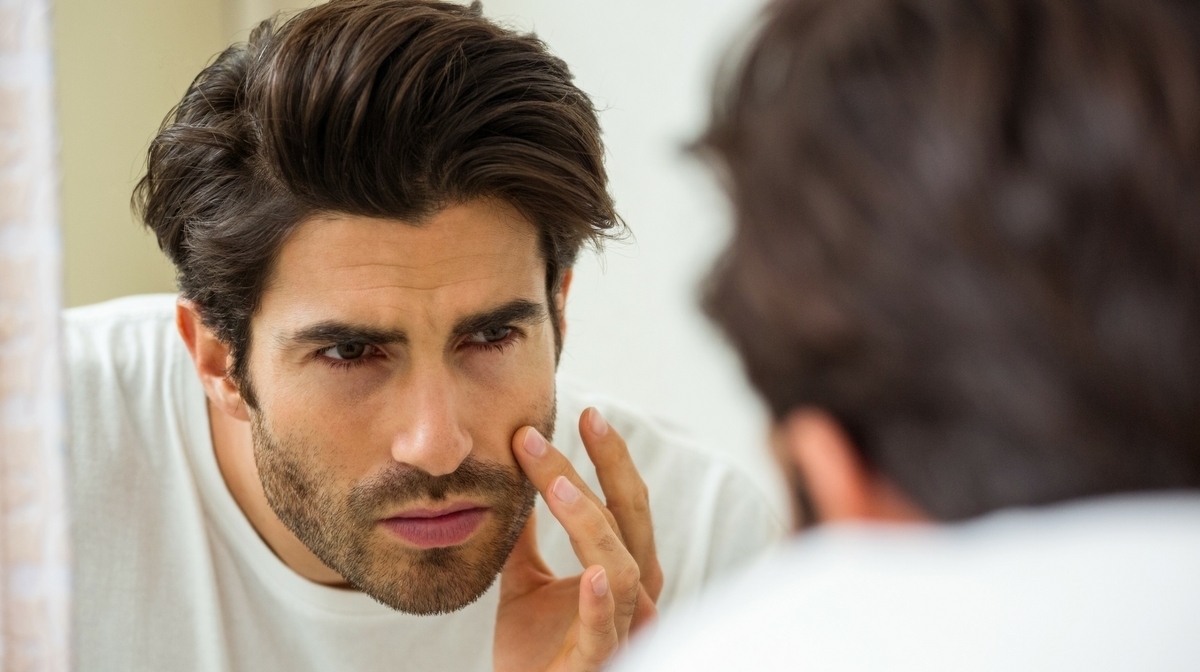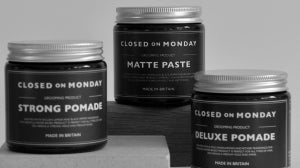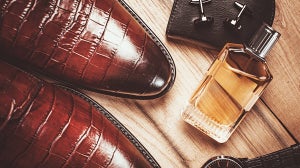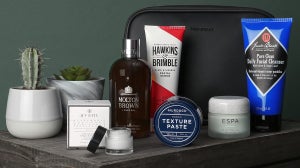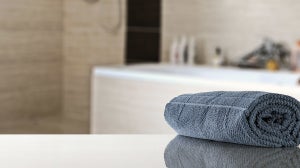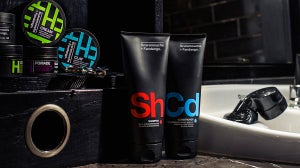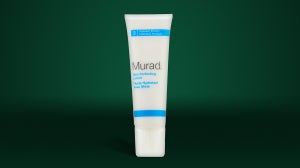
The recent BBC documentary ‘The Truth About…’ has caused something of a stir in the skin care industry. While questions have been raised over some of its claims, the documentary brings to light plenty of interesting and useful information which can feed into your grooming regime. One talking point from the show which we think should be of particular interest to anyone who cares about their skin care regime is the effectiveness of Retinol products. So we’ve taken the time to answer some common questions. And first on our list - What is Retinol?
What is Retinol?
Retinol is a chemical from the Vitamin-A family, which has a number of clinical uses within as well as outside of dermatology. Retinol Products have become popular in recent years as an alternative to the prescription-only treatment Tretinoin, another chemical within the Vitamin-A family.
Tretinoin is extremely effective for treating a variety of skin problems, but as it comes with significant side effects, its use is typically reserved for treating medical conditions. Retinol is gentler, coming with a substantially lower risk of side effects, while keeping many of Tretinoin’s anti-ageing properties.
How does it work?
A study carried out involving regular retinol application over 24 weeks showed found evidence of increased levels of GAGs (chemicals produced by the skin which attract and trap moisture) and Pro-Collagens in its participants. Another study, highlighted in the documentary, found that Retinol application over 4 weeks caused a thickening of the epidermis. This could be seen both on a microscopic level and using non-invasive methods (i.e. photographs). In both studies, fine wrinkles were found to have been visibly reduced.
From this, and the effects seen in those who use Retinol, we can safely assume a few things. By encouraging moisture to be trapped in the epidermis, and by increasing pro-collagen levels, it actively combats and even reverses signs of ageing.
How do you use Retinol Products?
There’s a few things it pays to know when it comes to using Retinol products. We'd say it's crucial to understand these 5 things before you dive in.
1.Start slow. Redness, soreness, and irritation are all common when first using the product. So, it’s highly recommended to use a low concentration Retinol product once or twice a week to begin with to test the waters. Following this, you can gradually ramp up the strength and frequency of use.
2.Less is more. A pea-sized amount should cover your whole face.
3.USE SPF. Using Vitamin-A based products comes with the risk of leaving your skin extra vulnerable to sun damage. While this should not be ignored, it doesn’t mean you should abandon Retinol altogether. Using SPF will counteract any of the adverse effects you may experience, but you need to be meticulous.
4.Avoid sun for at least a couple of hours after use. In general, Retinol and the sun don’t mix. UV radiation can break down Retinol molecules, making them vastly less effective. For this reason Retinol is never stored in translucent containers, and it’s vital that you apply them either at night, or leaving enough time for them to be fully absorbed before being exposed to sunlight.
5.Shop around. There is a huge number of Retinol based products on the market, so it pays to look around. Retinol is rarely the sole active ingredient in a given product. So if you're unhappy with the results one moisturiser or serum gives, you may need to look for another.
Take a look at our list of the Top 10 Best Retinol Products if you want to know more.

